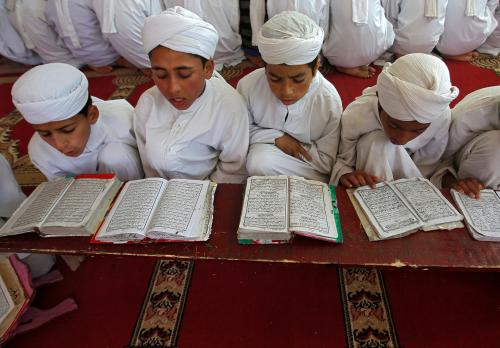

The Geopolitics of Religious Soft Power explores the global impact of religious propagation activities sponsored by several countries in the Middle East—including Saudi Arabia, Iran, Turkey, Qatar, and Morocco—which for decades have deployed religion as a form of soft power in pursuit of foreign policy objectives. In nearly every Muslim-majority country that aspires to regional or global influence, Islam is an important and sometimes the only ideological currency that mixes effectively with more narrowly defined realpolitik. With the decline of pan-Arabism and socialism, the only real competing ideological orientation other than liberal democracy is nationalism, but, by definition, nationalism is difficult to “promote” outside one’s own nation. Undertaken in partnership with Georgetown University’s Berkley Center for Religion, Peace & World Affairs and with the generous support of the Carnegie Corporation of New York, the project will explore how, why, and when states use religious soft power. This initiative, led by Peter Mandaville and Shadi Hamid, will also consider the experience of countries on the receiving end of such influences. Does foreign support and funding alter religious culture and norms around pluralism and inclusivity in significant ways, or is all politics—and all religion—fundamentally local?

Peter Mandaville, Shadi Hamid
November 14, 2018
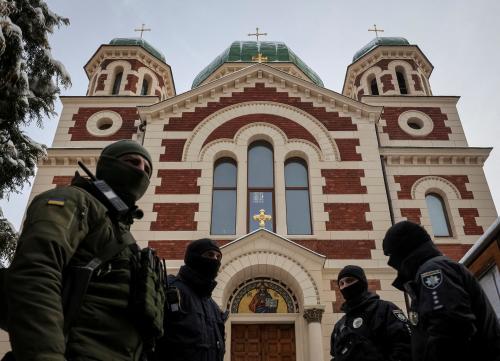
Denys Brylov, Tetiana Kalenychenko, Peter Mandaville
January 12, 2023
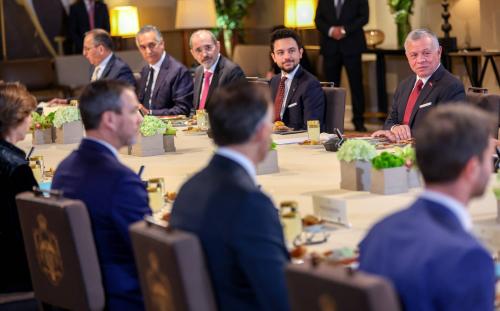
Mackenzie R. Poust
September 15, 2022

Harun Karčić
July 25, 2022
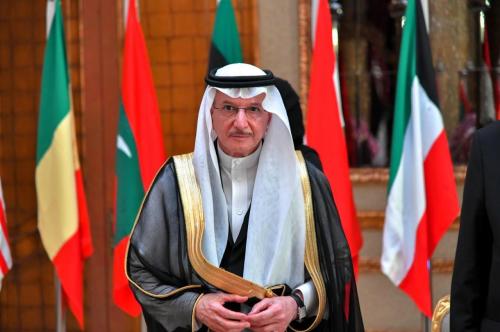
Peter Mandaville
May 24, 2022

Khalil al-Anani
April 5, 2022

David H. Warren
July 12, 2021
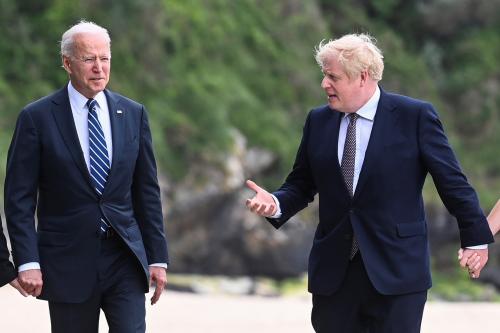
Ger FitzGerald
June 8, 2021
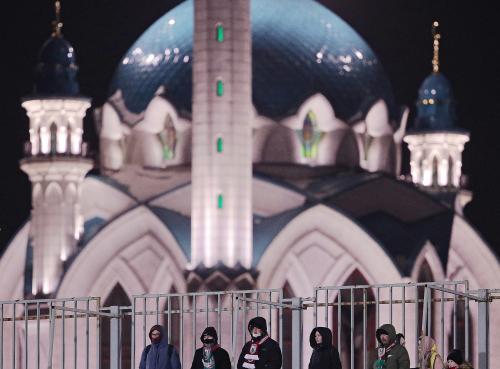
Jon Hoffman
May 17, 2021
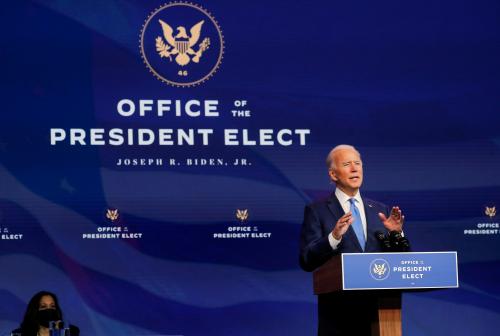
Peter Mandaville
December 14, 2020
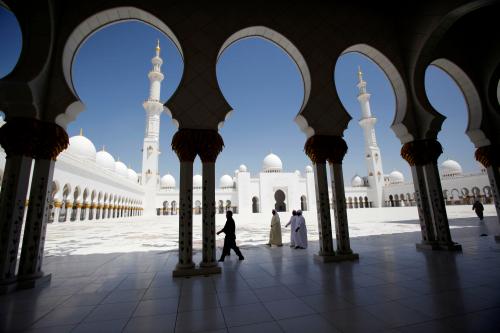
Kristian Coates Ulrichsen
August 31, 2020

Rositsa Atanasova
June 29, 2020
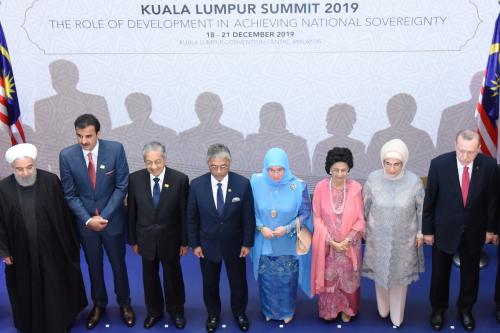
Prashant Waikar, Mohamed Nawab Mohamed Osman
February 24, 2020
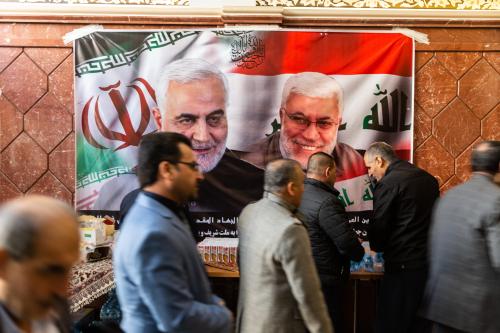
Peter Mandaville
January 13, 2020
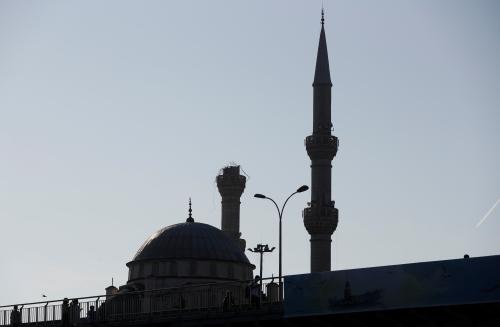
Egdūnas Račius
October 18, 2019
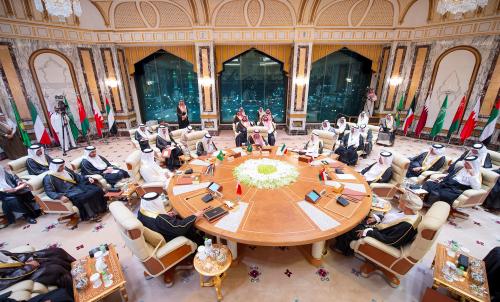
Annelle R. Sheline
July 11, 2019
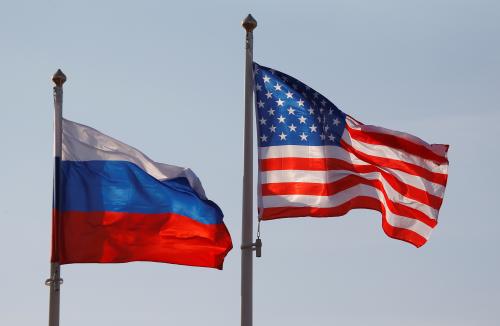
Peter Henne
June 6, 2019
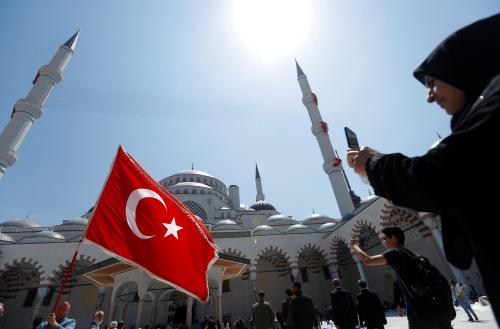
Ahmet Erdi Öztürk
June 6, 2019
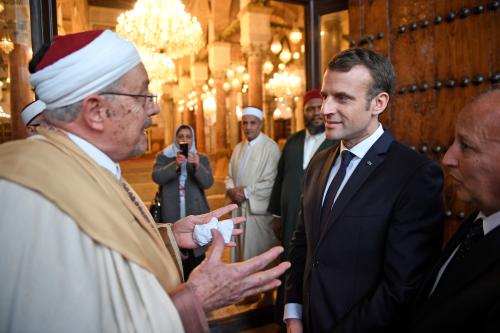
Rim-Sarah Alouane
May 1, 2019
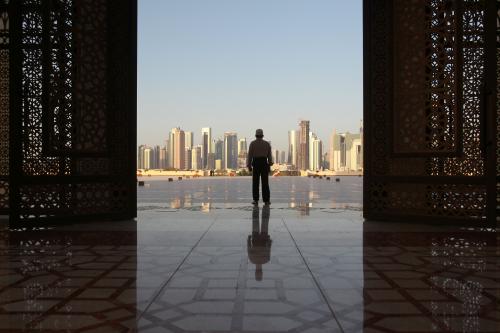
David B. Roberts
April 8, 2019
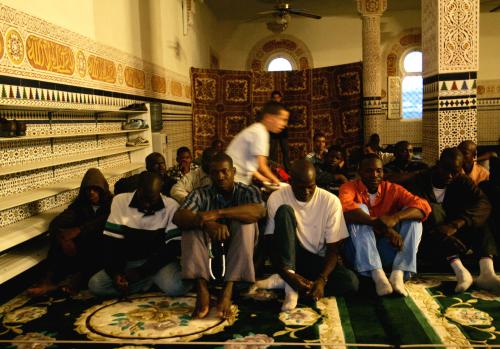
Sarah Alaoui
April 8, 2019
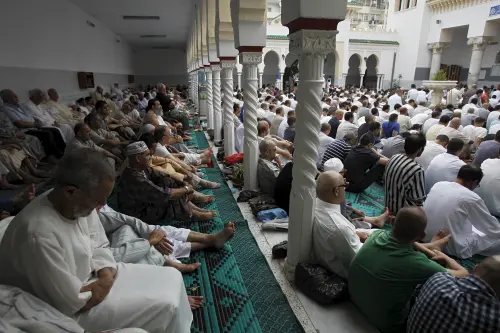
Vish Sakthivel
April 4, 2019
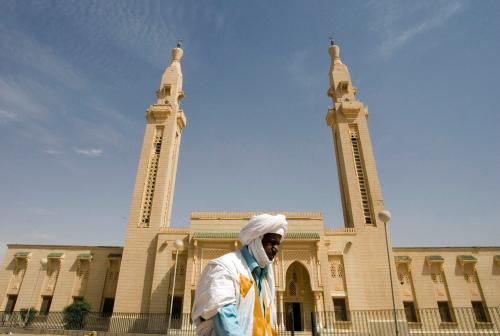
Michael Farquhar, Alex Thurston
December 13, 2018
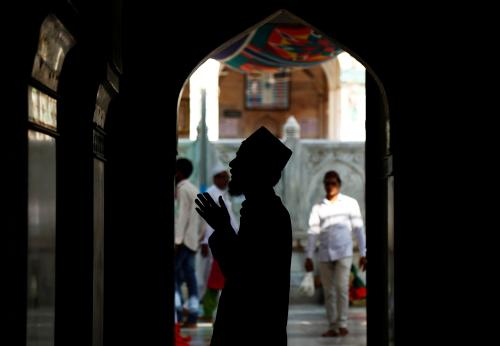
Alix Philippon
December 13, 2018
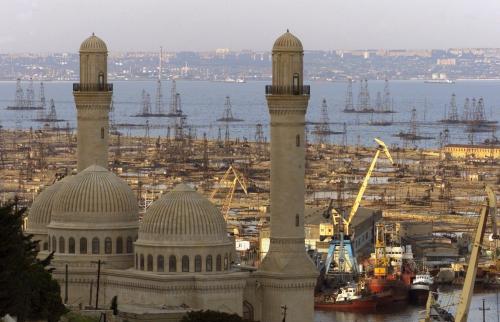
Ansgar Jödicke
December 13, 2018
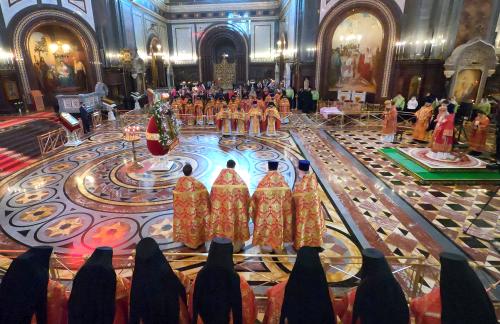
Robert C. Blitt
May 13, 2021

Yoshiko Ashiwa, David Wank
November 11, 2020
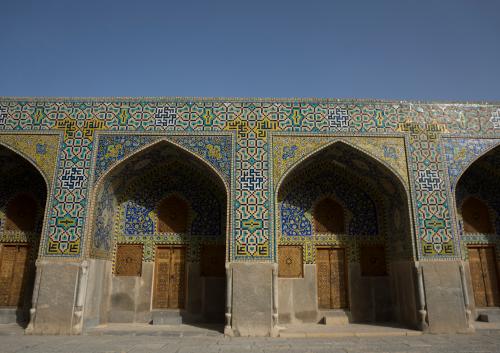
Edward Wastnidge
September 18, 2020
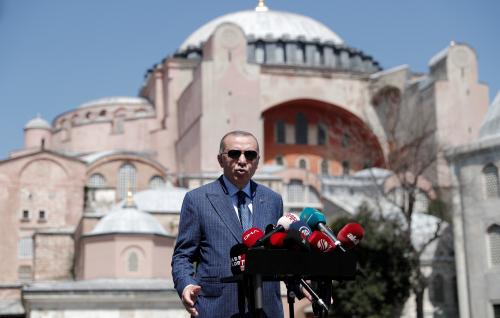
Ahmet Erdi Öztürk
August 26, 2020
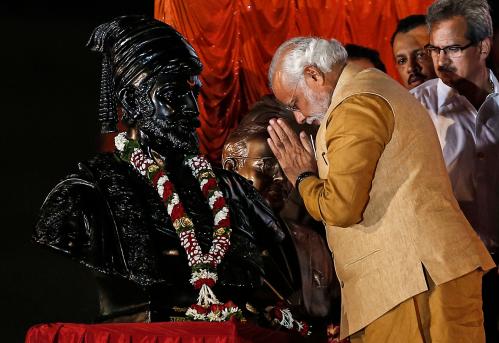
Sumit Ganguly
July 14, 2020
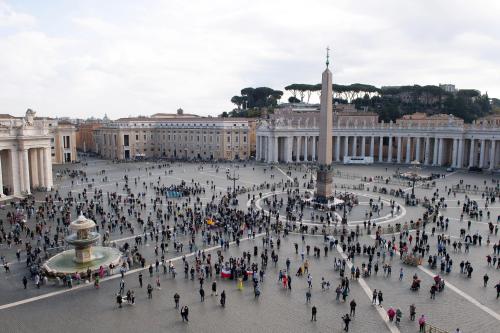
Gregorio Bettiza
March 30, 2020
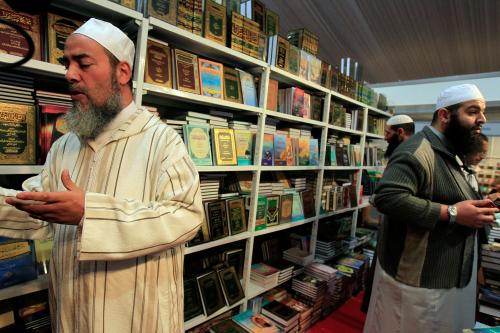
Aurélie Biard
January 28, 2019
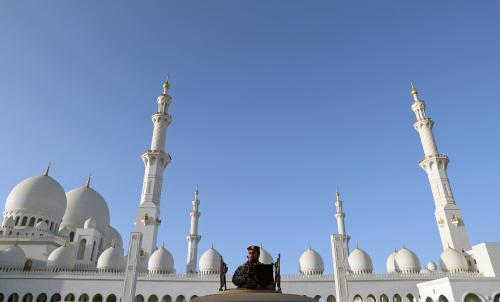
Peter Mandaville, Shadi Hamid
December 7, 2018